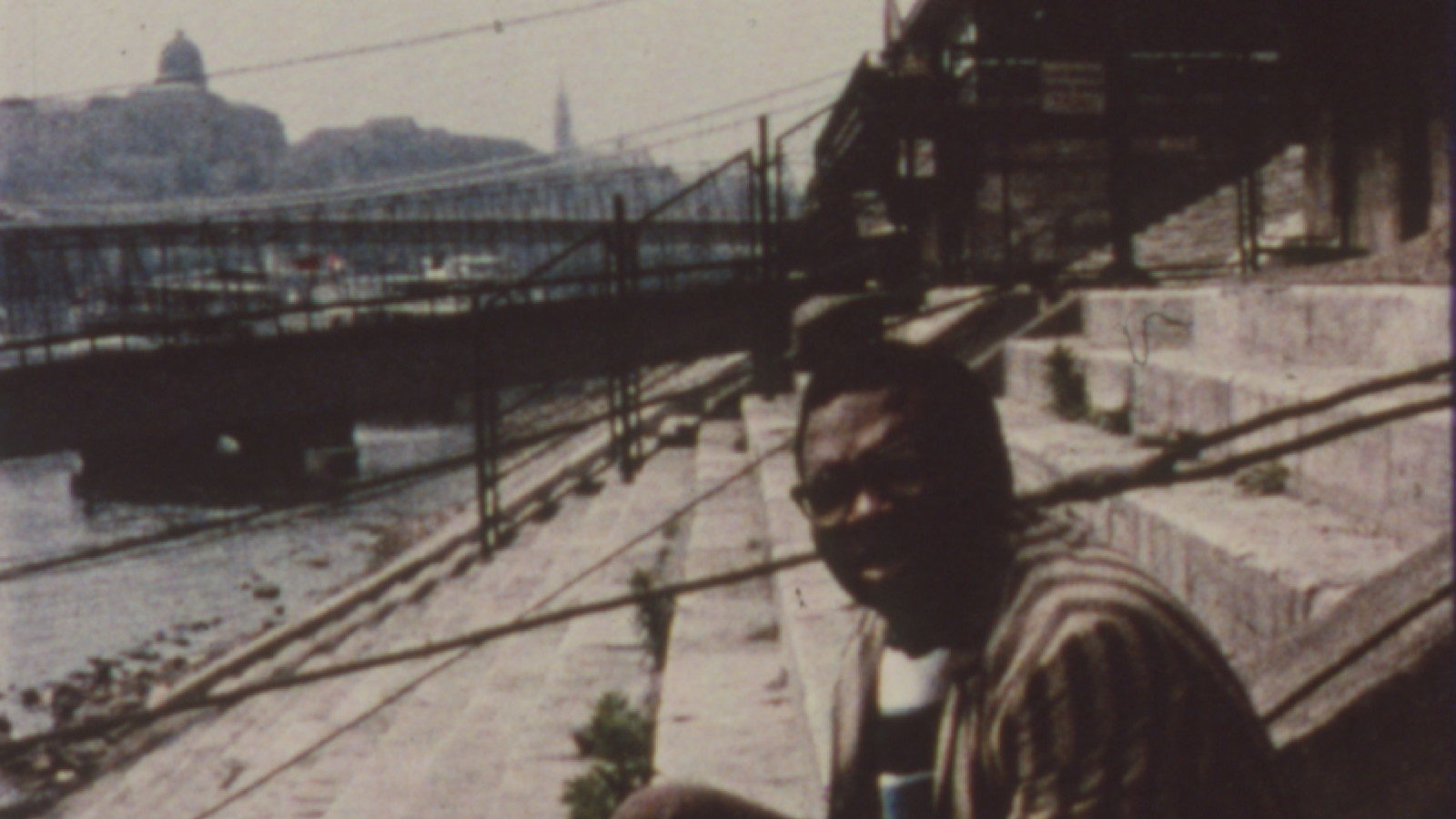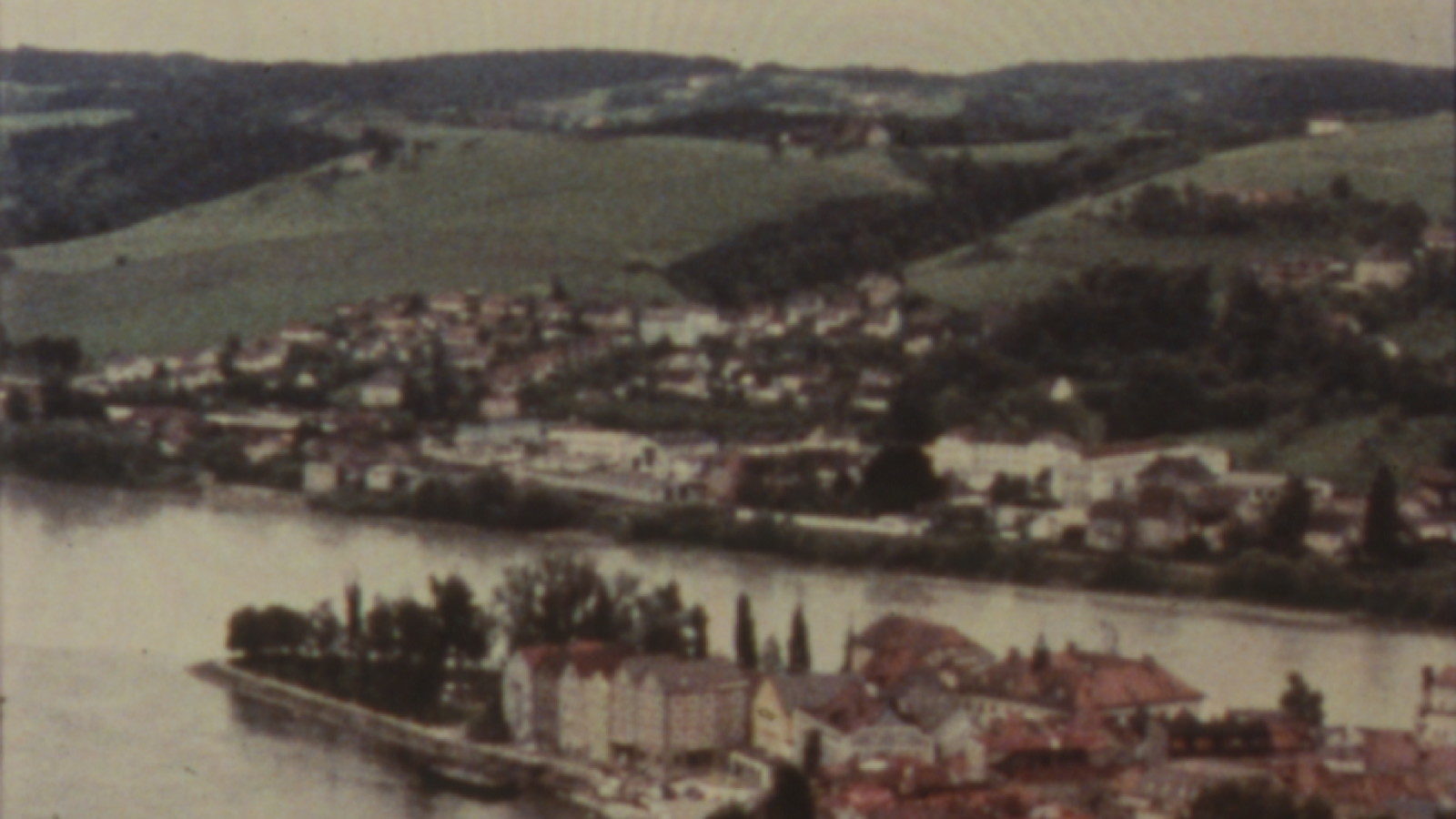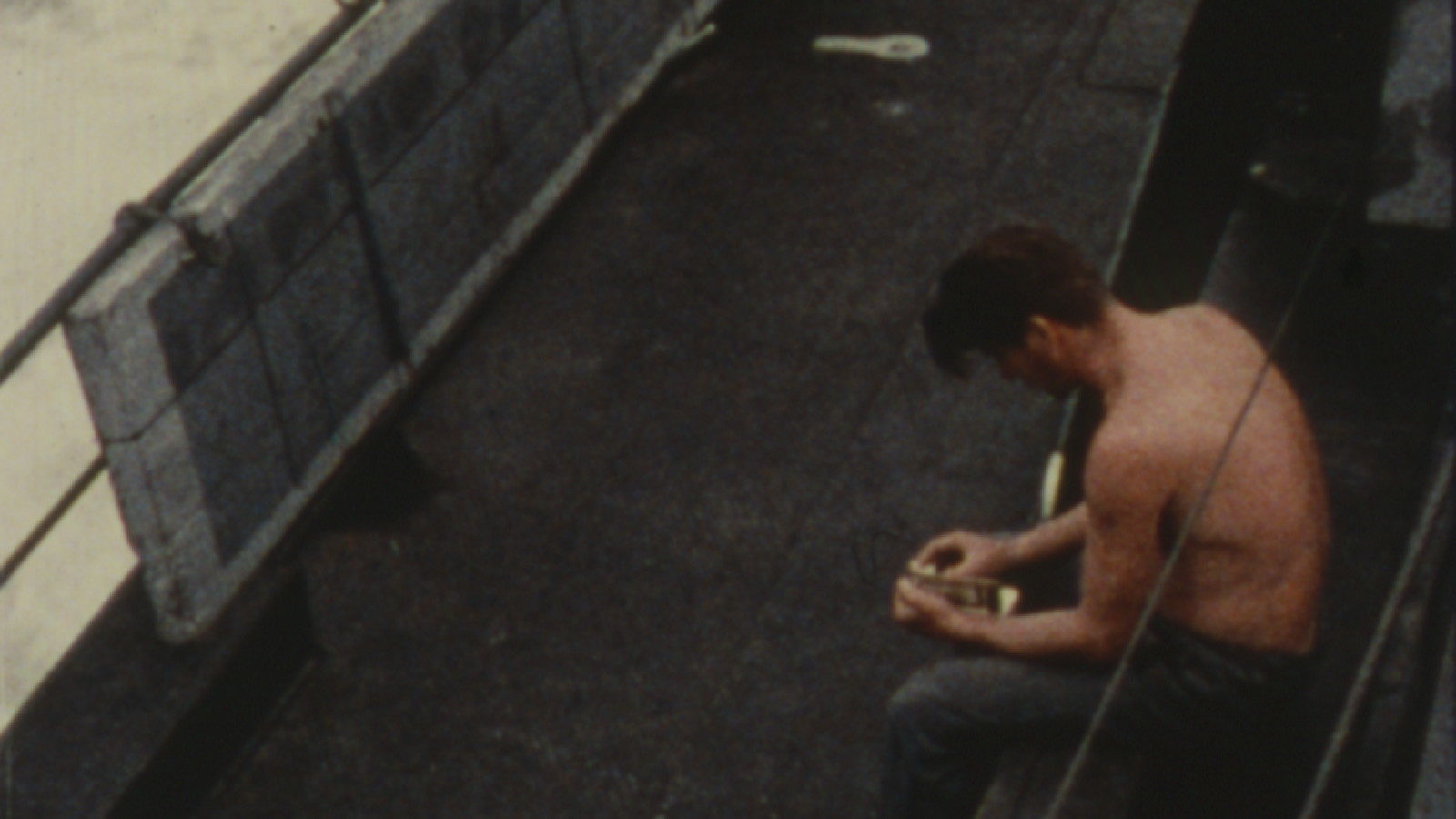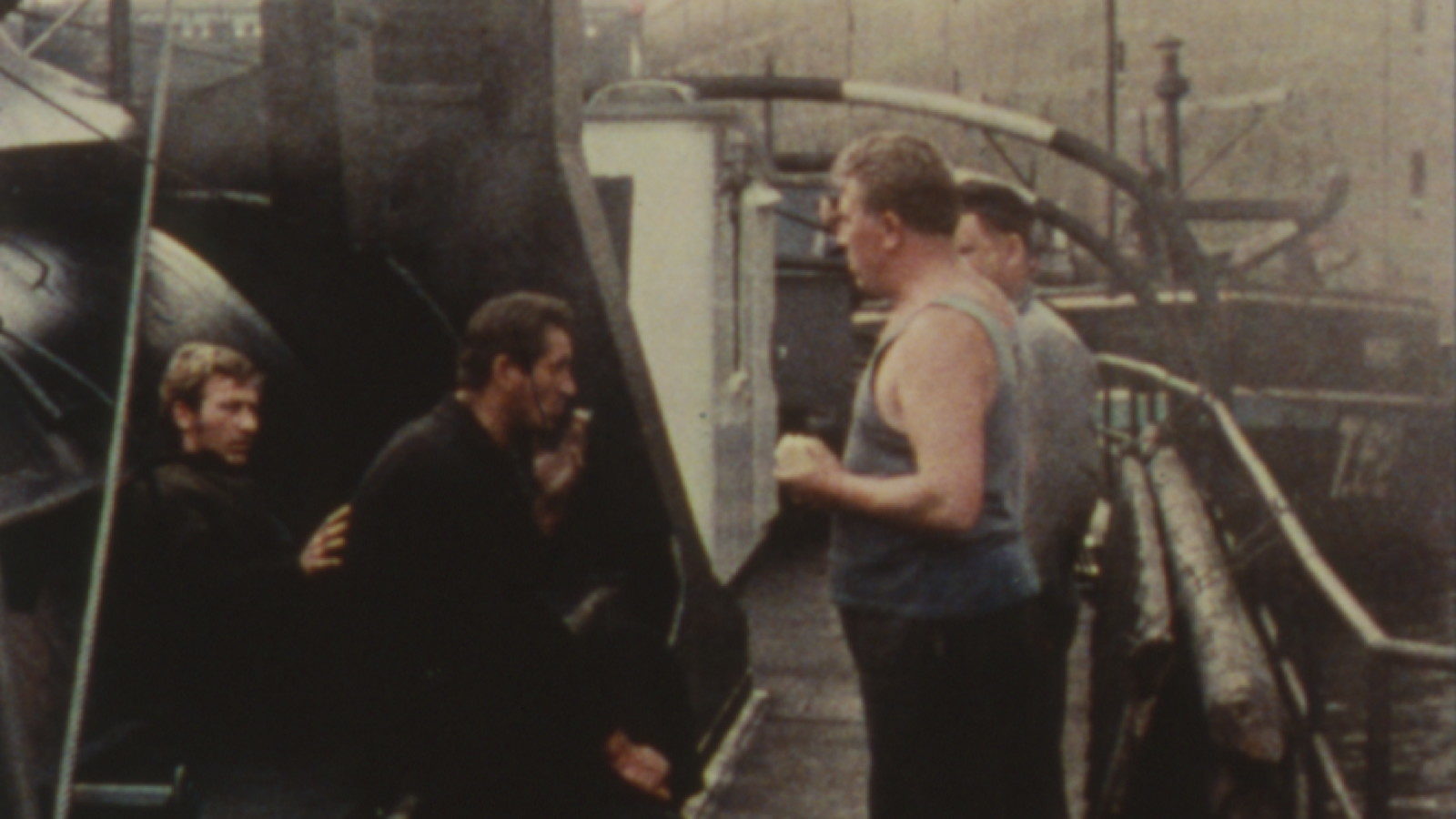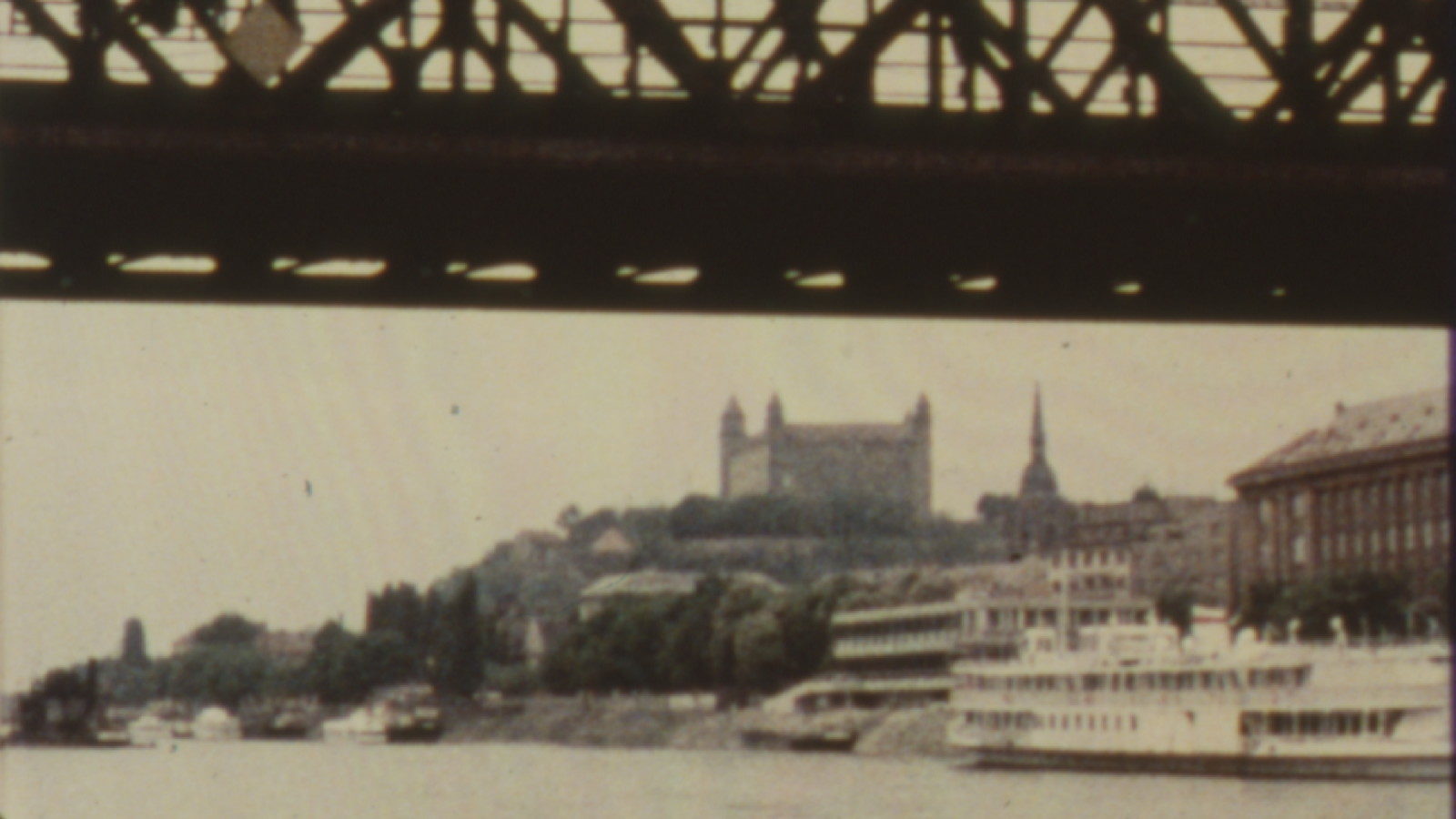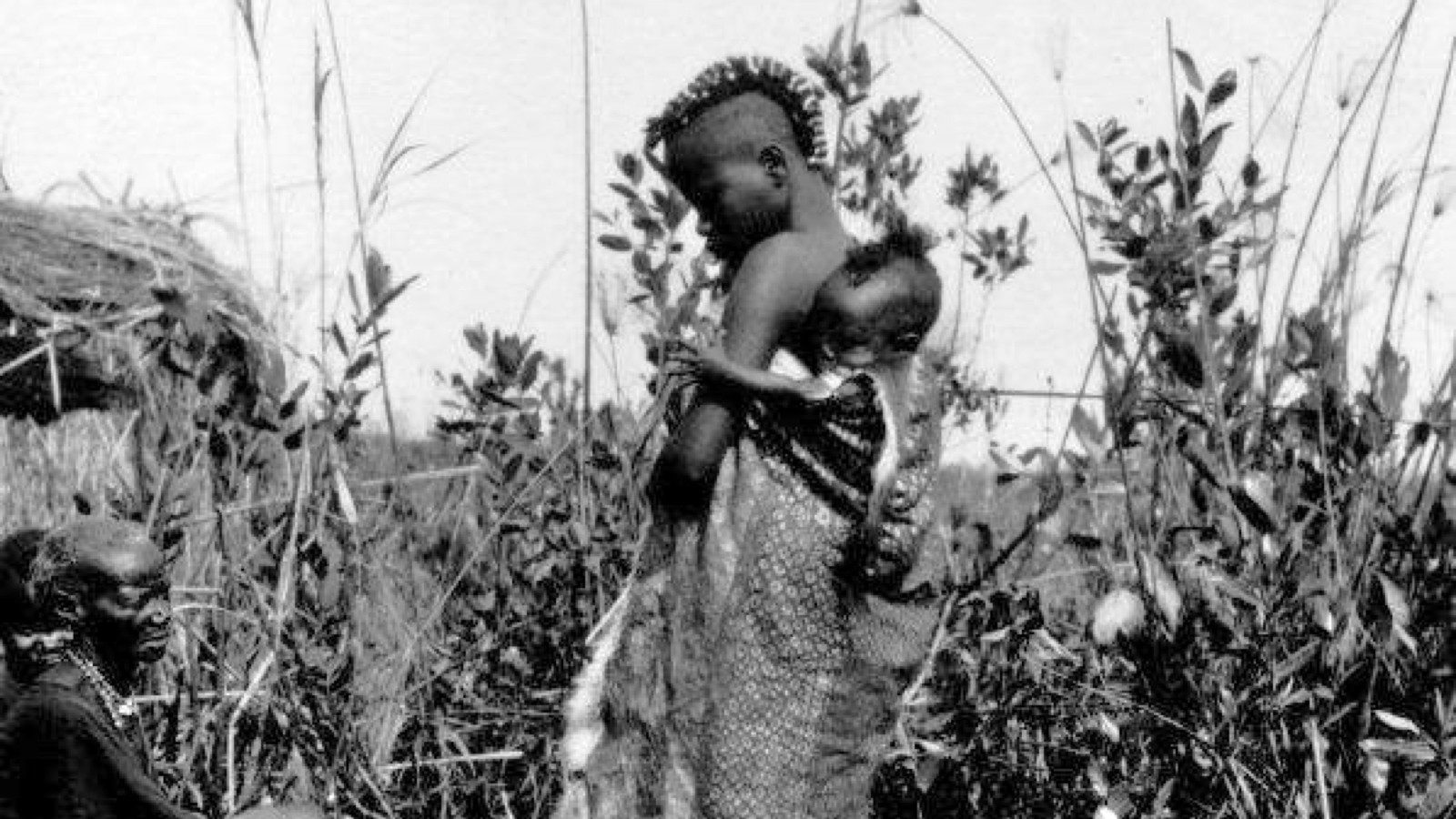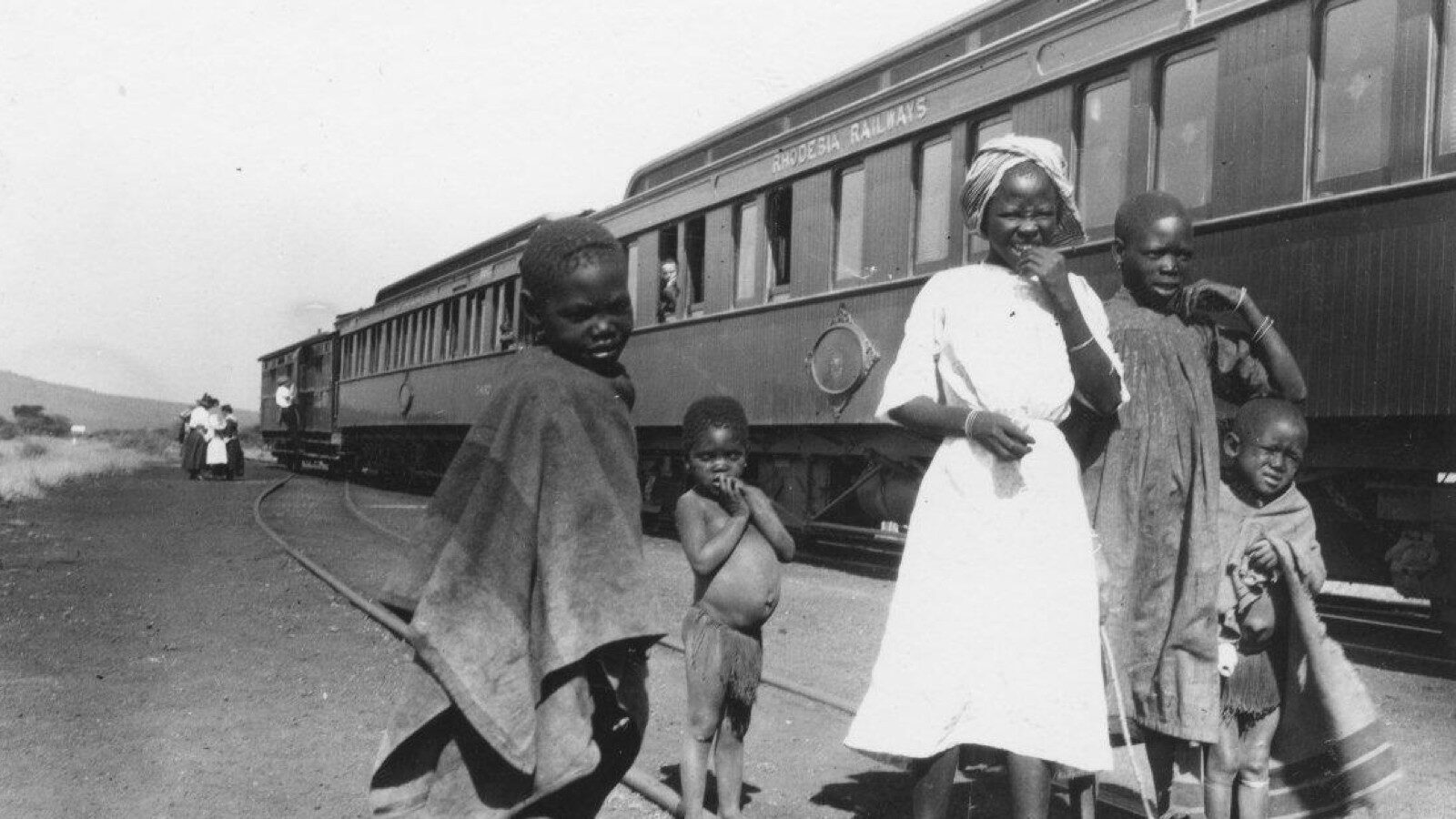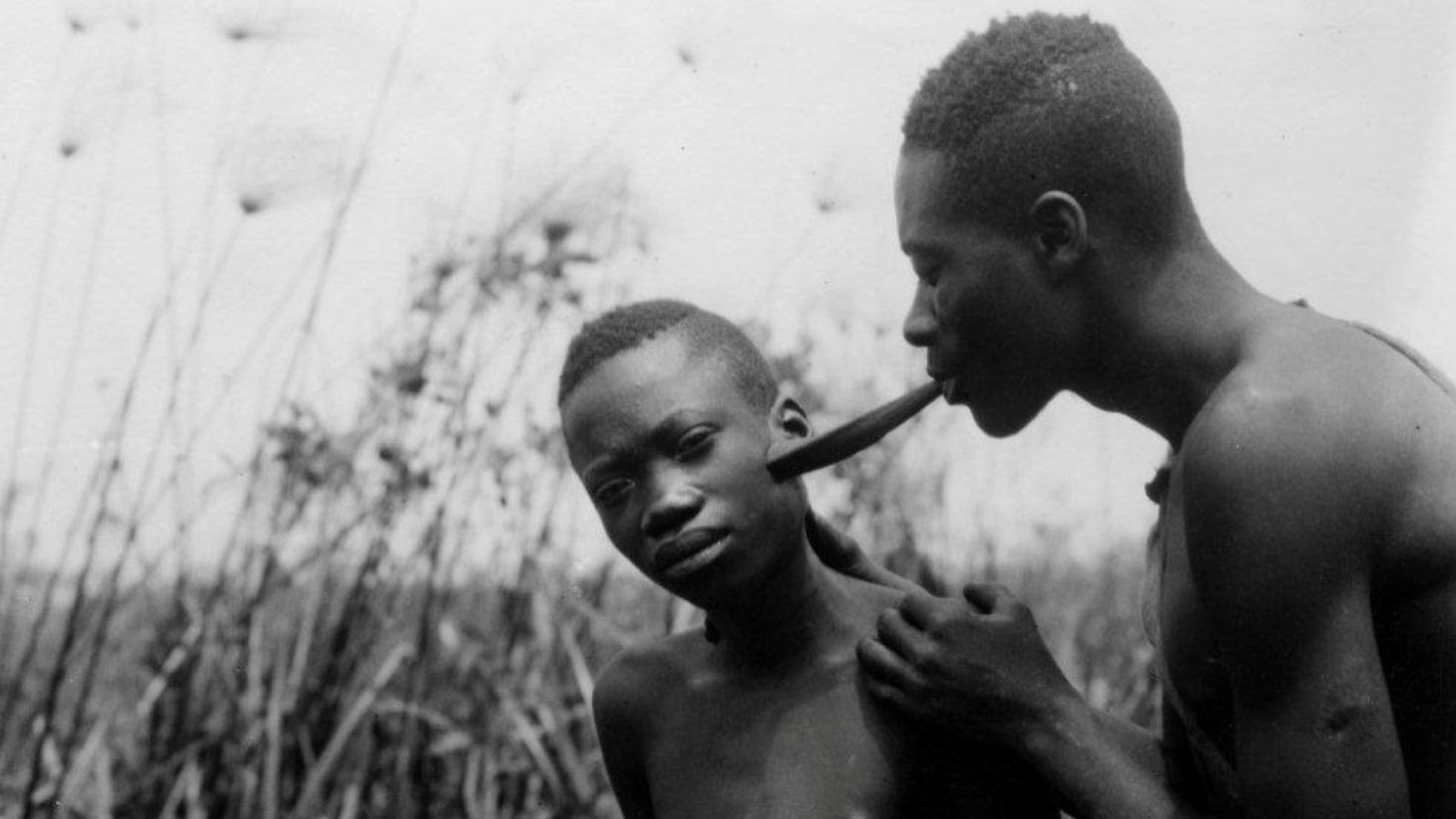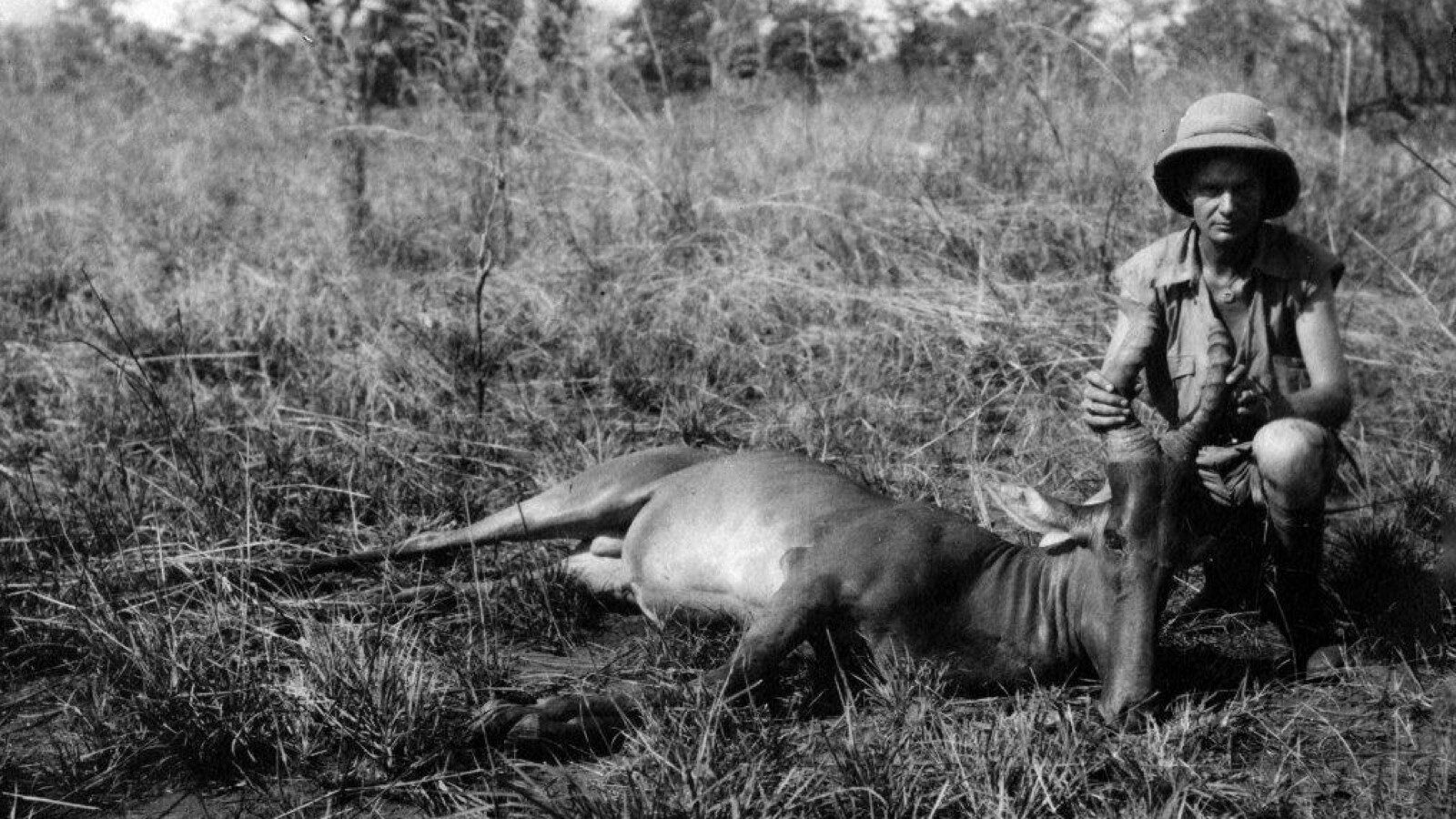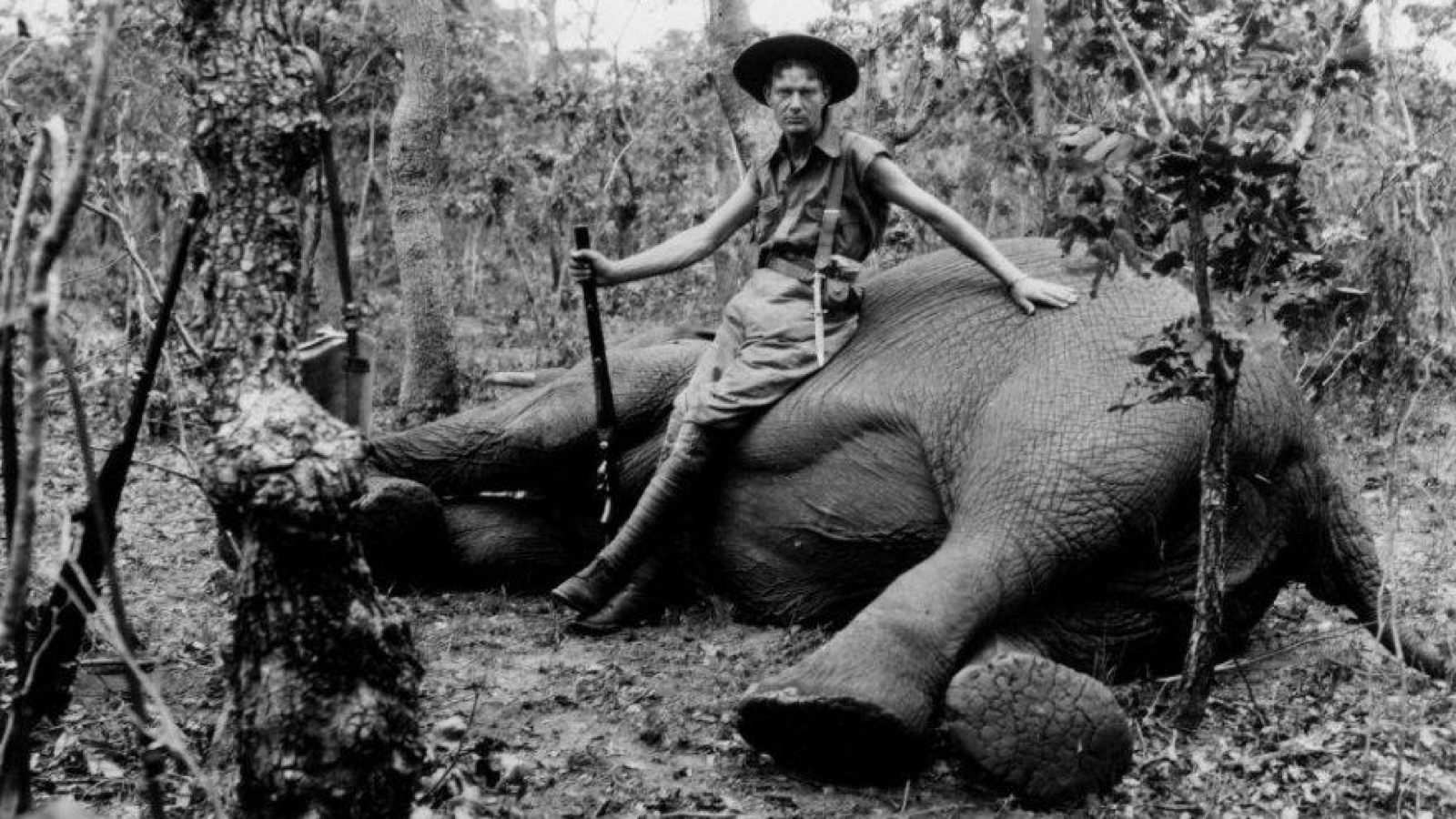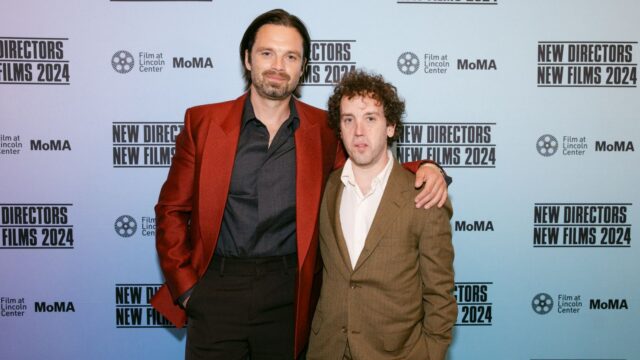Peter Nestler Program 8
This diverse program features one of Nestler and his wife Zsóka’s most beautiful works (Up the Danube, following a riverboat upstream, excavating the river’s layers of history), and one of Nestler’s most personal (Death and Devil, about the contradictory biography of his Swedish grandfather), plus his animated adaptation of a short story by Israeli writer Etgar Keret.
Up the Danube (1969, 28m)
Peter and Zsóka Nestler’s film follows a riverboat upstream, excavating the Danube’s layers of history from Roman times to the present, in one of their most beautiful works, which condenses many of the themes to which he would return. Digital restoration courtesy of Deutsche Kinemathek, Berlin.
The Hollow People (2015, 4m)
In Nestler’s animated adaptation of a short story by Israeli writer Etgar Keret, a man recalls his childhood fears, rendered in ink drawings, oil paintings, and wooden masks, with music by Alban Berg.
Death and Devil (2009, 56m)
Nestler explores and wrestles with the contradictory biography of his Swedish grandfather, Count Eric von Rosen, an aristocrat with a serious interest in ethnology and anthropology who undertook expeditions to Africa and South America. He embodied the colonial “adventurer” of his time, whose avid interest in other cultures was tainted by racist stereotypes and blind to the systematic decimation of those cultures. Meanwhile, back in Sweden he supported the Finnish counter-revolution and later on Nazism in Germany. The film delves deeply into a vast array of archival materials (stills, journal entries) to reconstruct and question the Count’s ideology and self-image.
Print courtesy Deutsche Kinemathek, Berlin.

